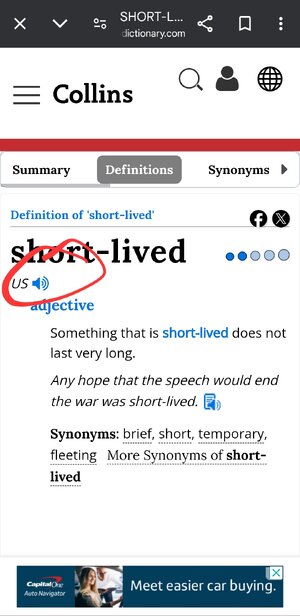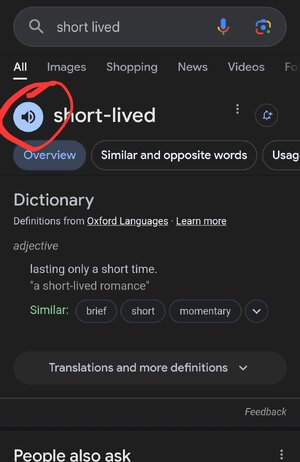It does mean something that has a short life.
So think of the phrase as short-lifed.
But because English is screwy, we replace the f with a v when we pluralize it, as in "lives" with a long i. We do the same thing if we add a D on the end, so short-lived (long i).
The only reason it's confusing is because "lives" with a short i is spelled the same way.
"He saved the lives of his parents, with whom he lives."
Lives with a long i shouldn't be spelled the same as lives with a short i. But it is. And it confuses people.
Look man, I sympathize. It can be very frustrating feeling like the whole world is doing something wrong and you know better.
I'll give you an example.
These are my fretted string instruments: guitar, ukuleles and a ukulele bass.
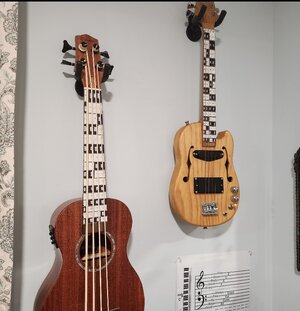
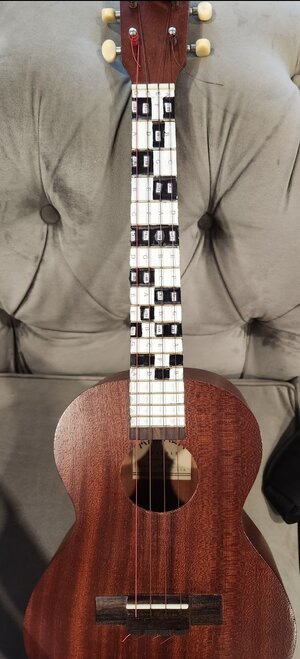
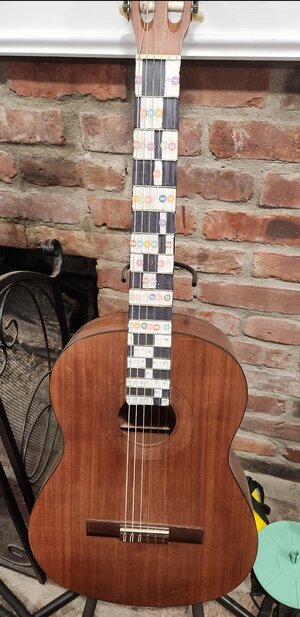
They have the same black and white note pattern which you would find on a piano

This is a standard guitar as it would be when purchased. Notice that the fretboard is missing the black and white note pattern and thus does not have the information that should be communicated/displayed.

Obvious logical conclusion:
everyone else all over the world, for all of time, has been doing it wrong.

And I am obviously doing it right.
_________________________
Back to the original debate.
"Short lived"
The easiest way to check the preferred pronunciation is to look it up on a dictionary and click the sample pronunciation.
You will find that they all default to the preferred pronunciation with a short i.
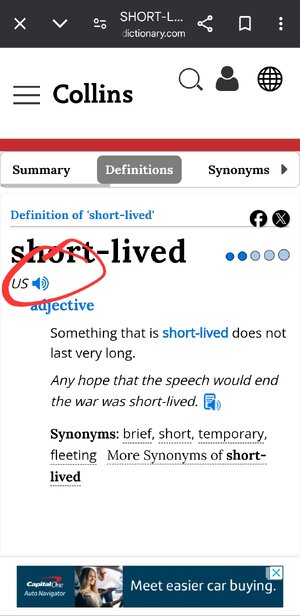
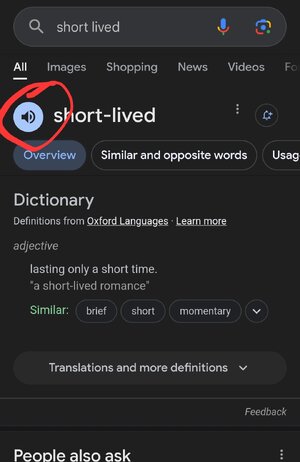
Or... you can approach from a logic and linguistics manner.
Short lived: adjective
Living or lasting a short time
_____________________________
What is the root?
Live. (
Living or lasting a long time )
And that word is pronounced with the short I.
____________________
As another poster had mentioned, English is a living language. (See what I did there?)
So you are welcome to continue your quest to convince a majority of fhe world's English speakers to pronounce it with the long I.
But until you complete that quest, the preferred pronunciation shall remain with the short i.










 And I am obviously doing it right.
And I am obviously doing it right.


